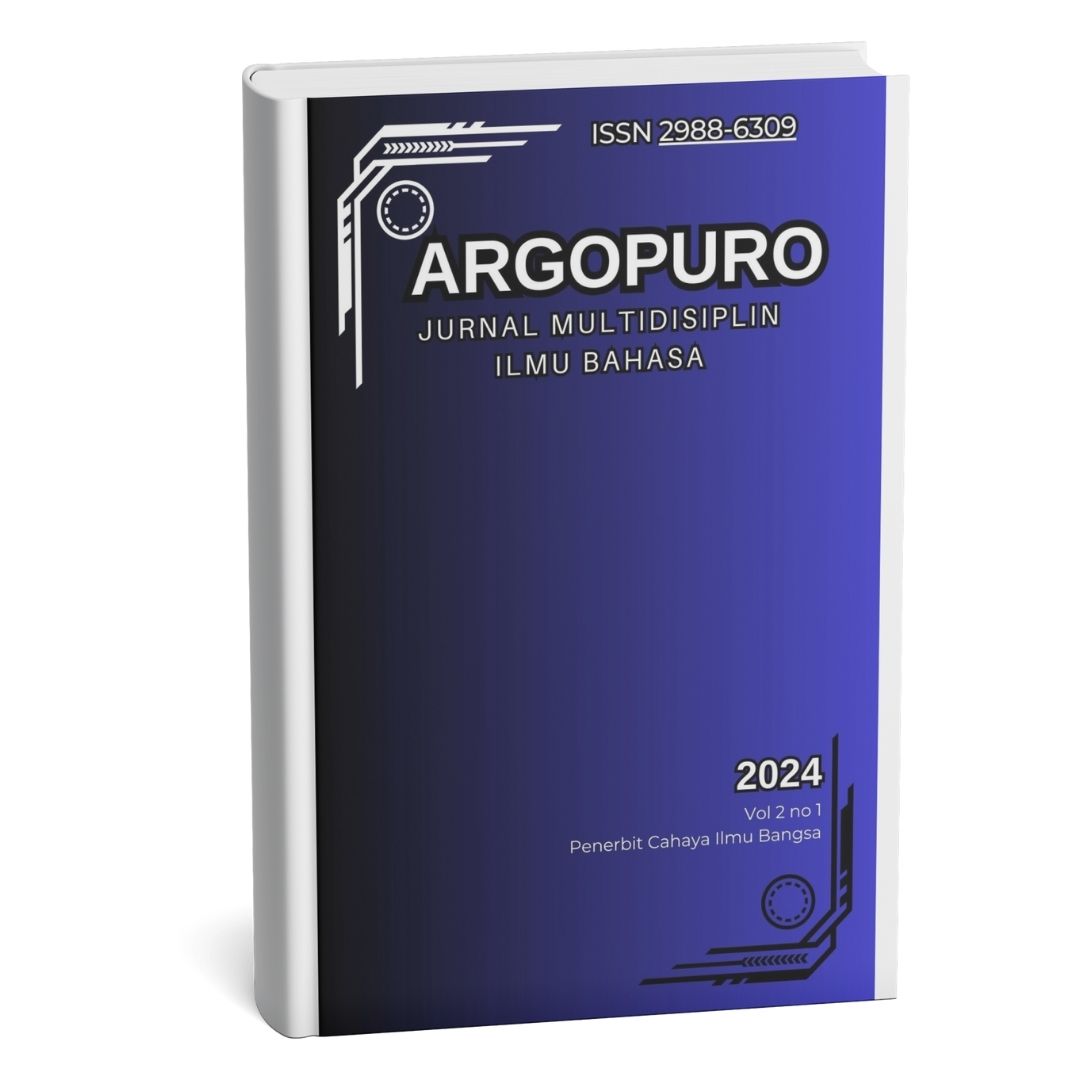THE INFLUENCE OF CULTURE ON SEMANTIC INTERPRETATION IN BATAK TOBA PROVERBS
Main Article Content
Abstract
This study investigates the semantic interpretation of proverbs in the Batak Toba language, focusing on how cultural values and worldview shape meaning construction within these traditional expressions. Proverbs in Batak Toba serve not only as linguistic artifacts but also as carriers of collective cultural wisdom, norms, and social practices. Using a qualitative descriptive methodology, the research analyzes a corpus of Batak Toba proverbs collected from oral narratives, ethnographic records, and regional literature to identify semantic patterns and cultural references. The findings reveal four dominant cultural-semantic domains: kinship, morality, nature, and social hierarchy. The kinship domain reflects strong familial bonds and social obligations, while the moral domain conveys ethical teachings rooted in community values. The nature domain draws upon the local environment as metaphorical ground for human behavior, and the hierarchy domain emphasizes respect, seniority, and social roles. Furthermore, this study highlights how metaphorical and symbolic language in Batak Toba proverbs enables speakers to express complex cultural norms in condensed and memorable forms. The research underscores the importance of cultural competence in interpreting indigenous proverbs, advocating for a semantic approach that considers cultural context to fully grasp the intended meanings. This perspective is essential for linguists, educators, and cultural researchers seeking to preserve, teach, and engage with traditional knowledge systems.
